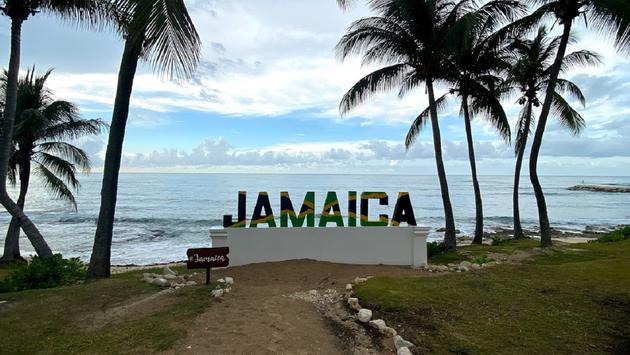
By Fernando Davis
Minister of Tourism Edmund Bartlett says Jamaica has been expeditiously working to develop standards that will help to boost destination security in a time when visitors are paying closer attention to safety protocols.
Bartlett, in a recent interview, said destinations responding to these needs are also likely to attract greater shares of the dwindling international tourist market during this period and ultimately will recover faster.
“Before the reopening of the tourism sector back in June, the ministry unveiled the Tourism Industry Post COVID-19 Protocols, which were developed to ensure the safety of the workers in the industry, as well as to build confidence among travelers that the country is adapting to what we know will be a new normal,” Bartlett added.
“The protocols, which are contained in an 88-page document, covers all segments of the industry including: Airports, Cruise Ports, Accommodations, Attractions, Tourism Transportation Operators, Craft Traders, Water Sports Operators, General Security and Public Safety, and Mega Events.”

Bartlett further pointed out that the COVID-19 Health and Safety Protocols have been endorsed by the World Travel and Tourism Council (WTTC).
The protocols, he said, have also been globally recognised as providing leadership in tourism COVID-19 management arrangements and, when fully adhered to, will make Jamaica among the most COVID-19-resilient destinations in the world.
The tourism minister, in the meantime, said innovation is also recognised as both a catalyst for recovery and growth in the post-COVID era.
He noted that destination security and attractiveness will be increasingly linked to innovations that provide added layers of peace of mind for tourists by mitigating the risks they can possibly encounter when they travel.
“To this end, the tourism ministry has conceptualised a travel insurance framework for Jamaica that will strengthen its architecture for destination security by ensuring that it provides a safety net for visitors against the risk of incurring unforeseen medical expenses and against other travel-related emergencies that can disrupt the seamlessness of travel experiences,” he added.
The ground-breaking traveler protection programme known as Jamaica Cares has been launched where, for just US$40, Jamaica Cares provides visitors access to compulsory traveler protection and emergency medical services including: case management, transport logistics, field rescue, evacuation, and repatriation for medical emergencies, including COVID-19 and other crises up to and including natural disasters.”
“The COVID-resilient corridor was an industry first to promote fulfilling yet safe experiences for tourists and locals alike in a manner that will deliver more economic benefits for local businesses from tourism activities.”
Minister of Tourism Edmund Bartlett
Bartlett also noted that the Resilient Corridor, which includes the country’s main resort towns and provides the opportunity for visitors to move around and visit COVID-compliant attractions located along the corridor that are authorised for visits by health authorities, have been working to near perfection.
“The COVID-resilient corridor was an industry first to promote fulfilling yet safe experiences for tourists and locals alike in a manner that will deliver more economic benefits for local businesses from tourism activities,” he added.
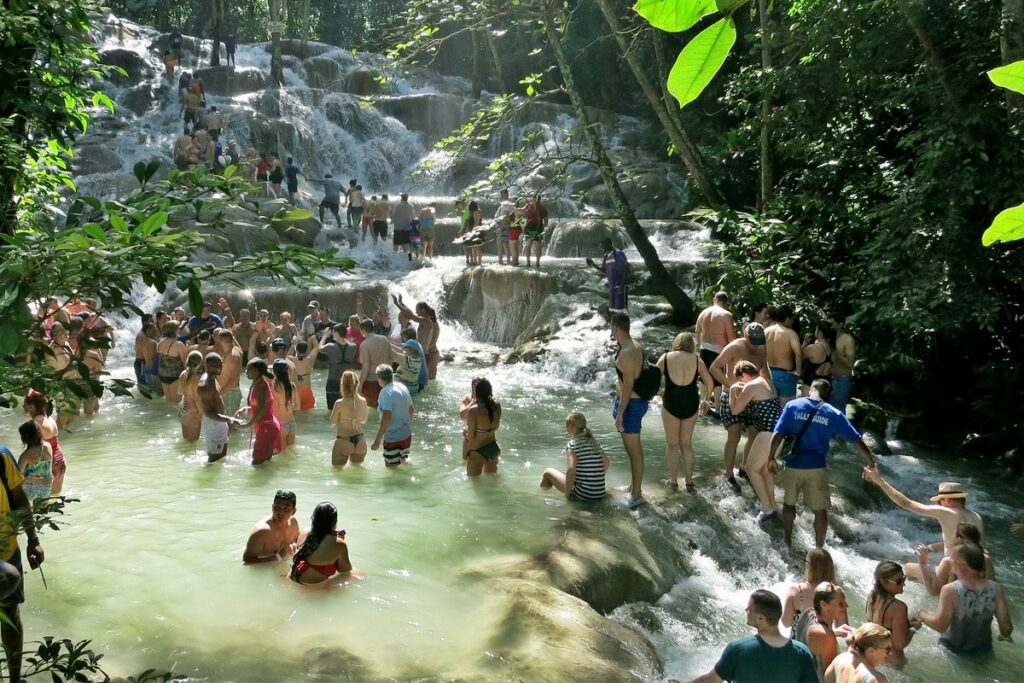
Bartlett also reiterated the call for the establishment of a Global Tourism Resilience Fund to improve the capacity of vulnerable tourist destinations globally to better respond to, manage, and recover from shocks.
The Fund, he said, would especially target destinations that are recognised as facing high vulnerability but have insufficient financial capacity to prepare for and recover quickly from disruptions.


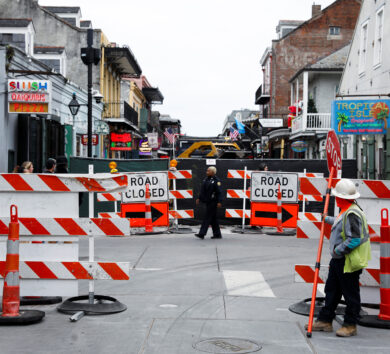
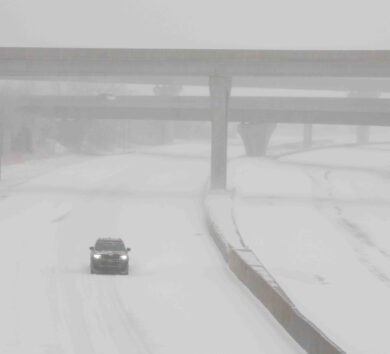


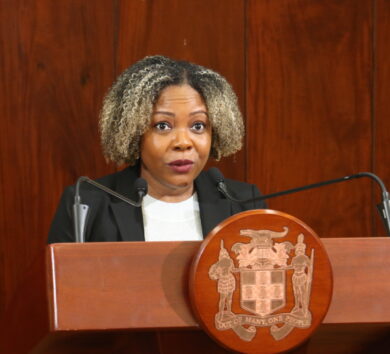
Comments